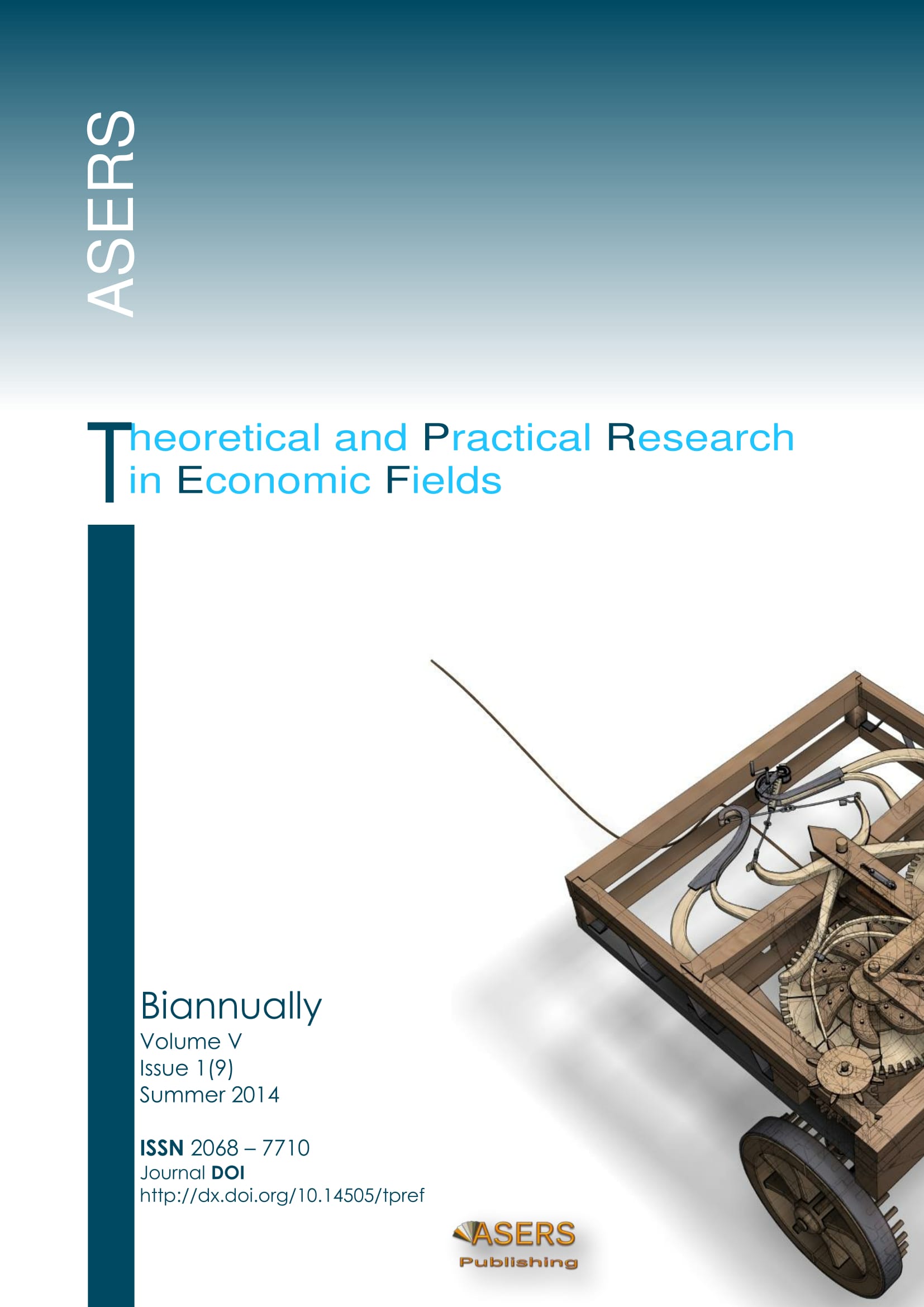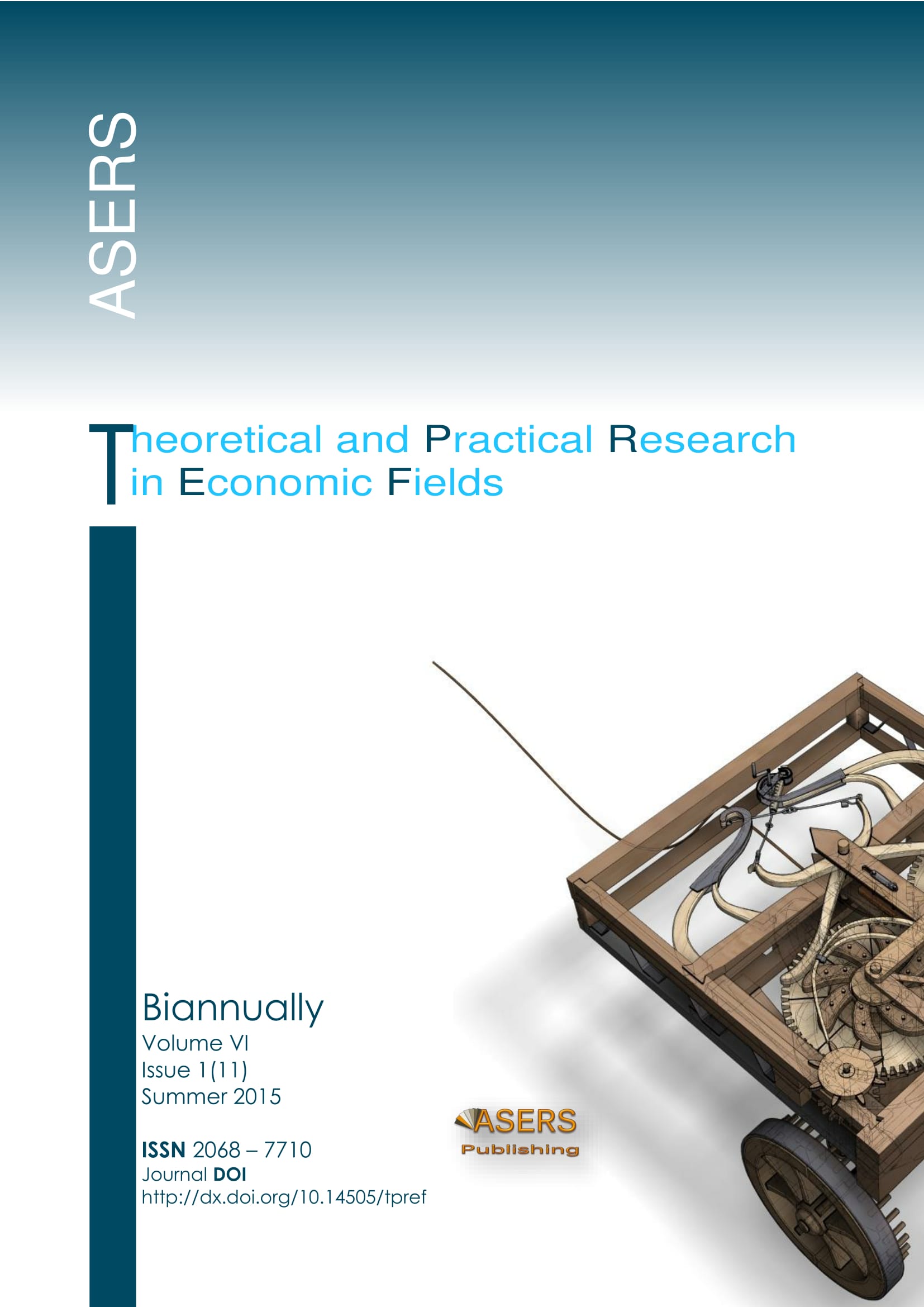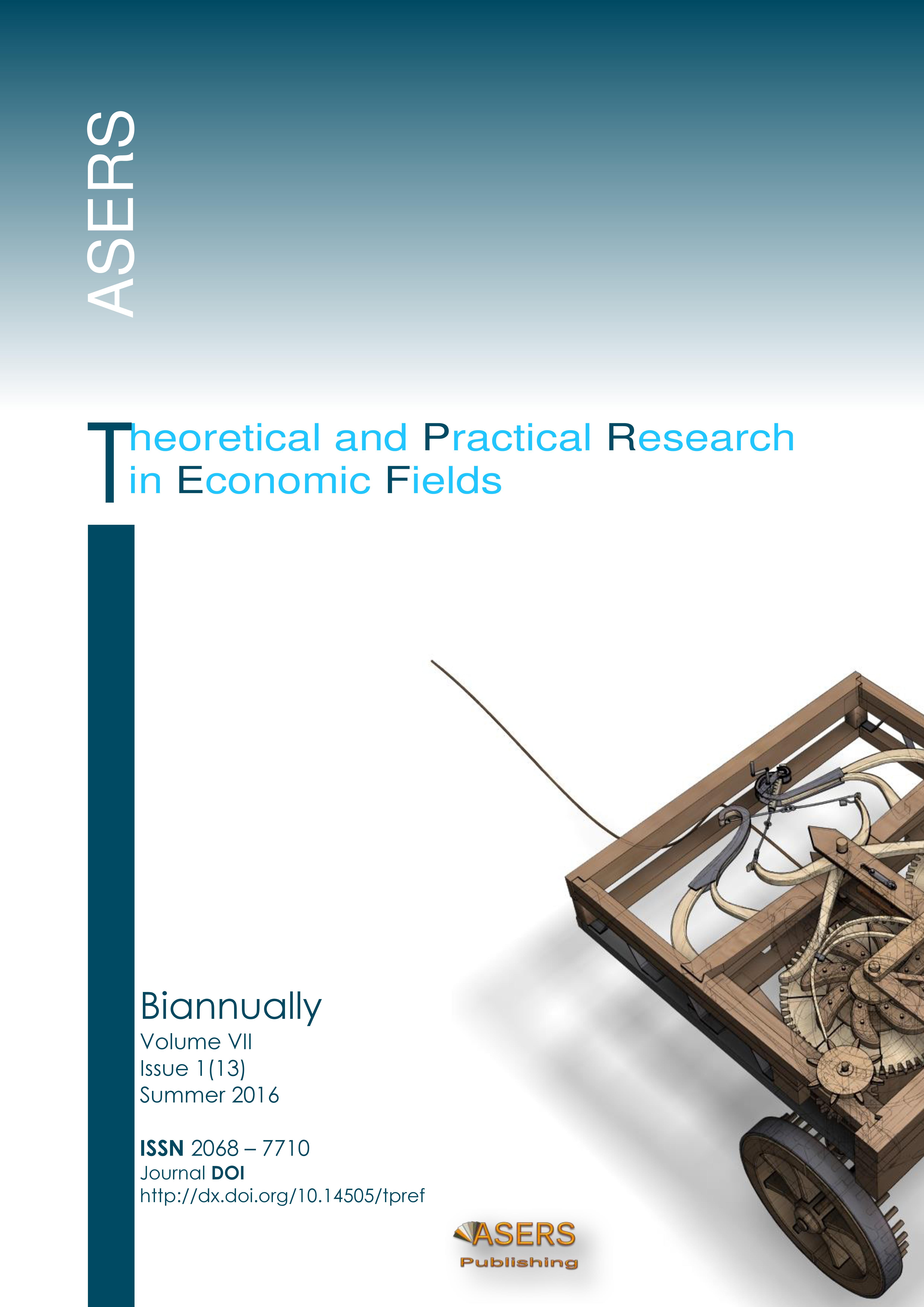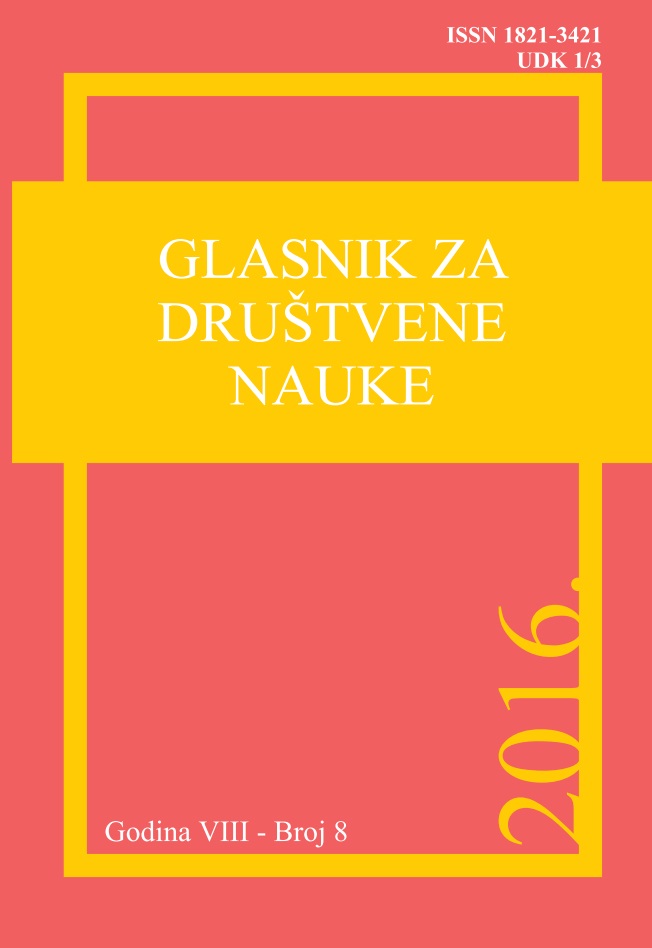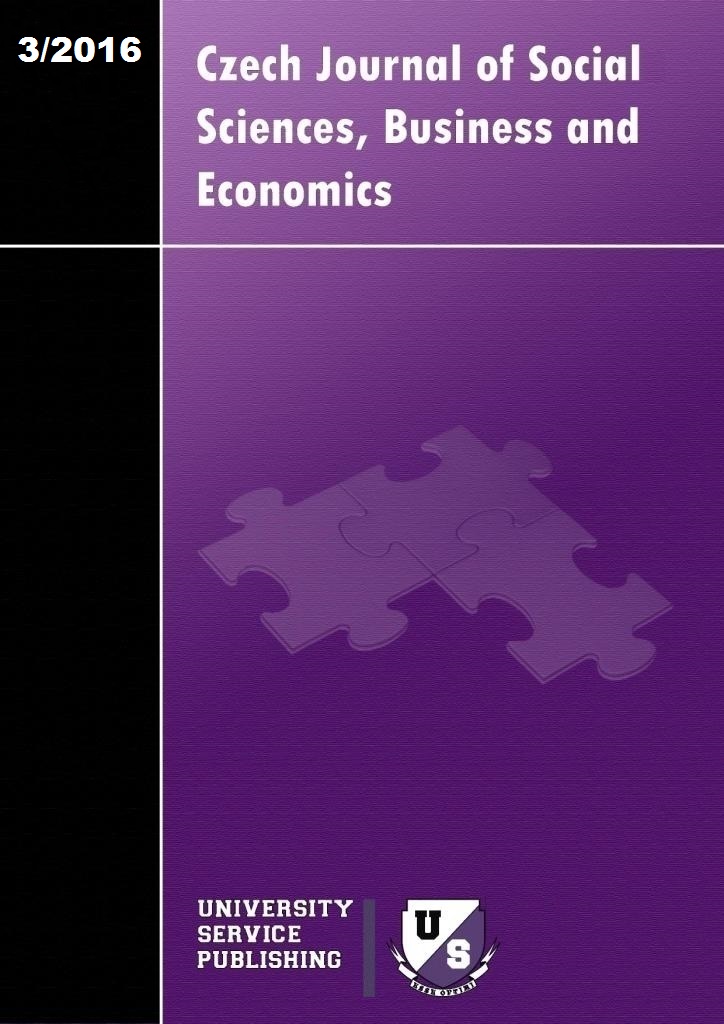ARE THE EUROPEAN PUBLIC SECTOR ACCOUNTING STANDARDS (EPSAS) BASED ON IPSAS A REAL NECESSITY FOR THE EUROPEAN UNION?
Internationally, in the last decades, the public sector accounting harmonization process has been considered more and more concerning. The elaboration and development of EPSAS (European Public Sector Accounting Standards) is considered the keystone of accomplishing the public sector accounting harmonization within the European Union. The paper is a qualitative research and represents a summary of some stakeholders vision regarding the potential EPSASs implementation, considering the measures and decisions that should be taken within EPSASs elaboration process, and also the obstacles that hinder this process. The findings reveal the fact that, at least for the moment, the EPSASs are not a real necessity for the European Union as an economic community.
More...
